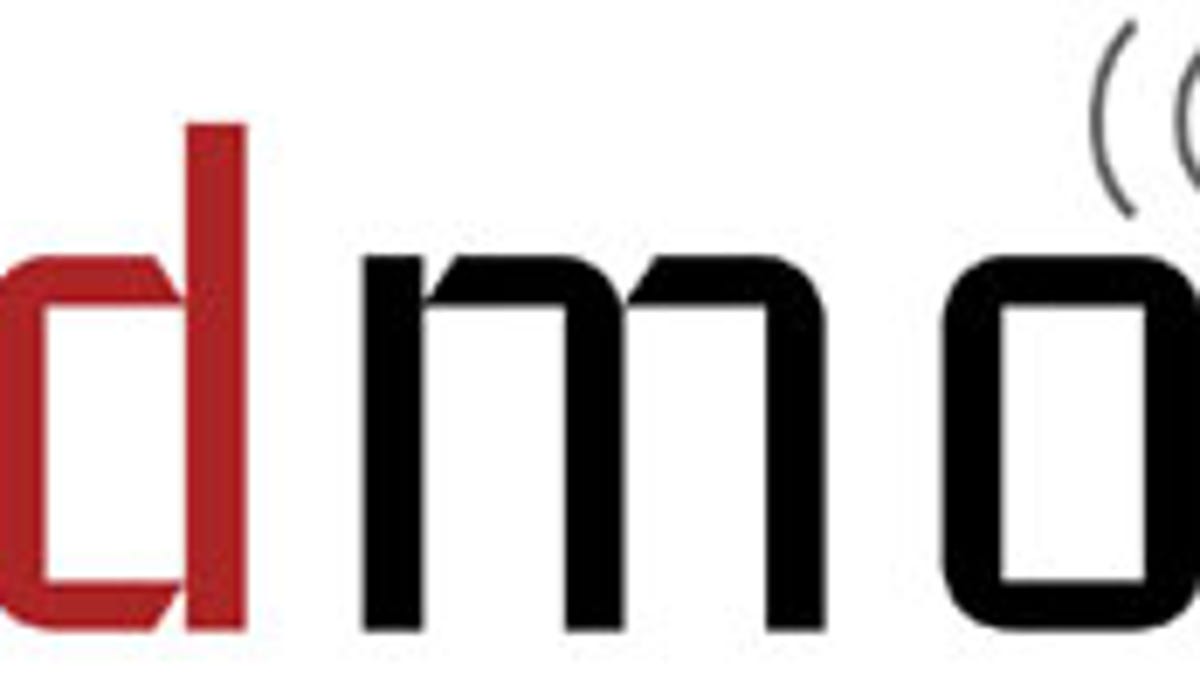Report: Half of Android users have not purchased apps
Fifty-five percent of Android users have not purchased an app. What is stopping them?

According to a recent survey from AdMob, more than half of Google Android users (55 percent) have never downloaded a paid application. The amount is double the 23 percent of iPhone users who have chose not to purchase apps.
So what is preventing Android users from spending their cash? Though many people from other countries still lack access to paid applications, some developers are blaming the structure of the Android Market. Currently, customers can only purchase applications using Google Checkout, which requires a Google account and a credit card.
The iTunes App Store also requires a credit card for purchases, but customers without access to a credit card can also use an iTunes gift card. Google has told us it will be adding more payment options like carrier billing, but I'd argue that it could benefit from a similar gift card strategy.
Developers also have blamed the Market features that allows customers to easily refund a purchase if they uninstall the app within 24 hours. This may have an effect on overall app purchases, but I don't think it's a major factor. Users must actually register a Google Checkout account and complete a purchase with a credit card before being able to make a return. Also, I like the 24-hour trial policy and have found that it actually encourages me to sample more paid apps and thus make more purchases.
A more plausible theory is the lack of quality apps available in the Android Market. For example, comparing games on the two platforms reveals a large gap in the number of quality titles. Android also lacks many of the compelling mainstream software that is targeted only for iPhone. As Google is trying to actively recruit developers with events such as their Android Developers Challenge, we should begin to see some results in the coming months.
Finally, it could just come down to the huge number of end users that Apple currently enjoys. The iPhone offers a much larger market size, which attracts more developers. For August 2009, AdMob estimates the iPhone and iPod Touch market at around $200 million, which is 40 times larger than the $5 million for Android. Analyst predict this gap will narrow over the next few years, but Android has a large hill to climb.
If you own an Android phone and have never purchased a paid application, what is stopping you?